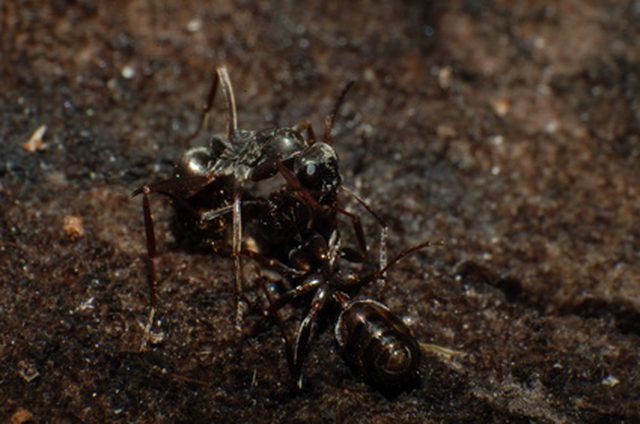Bulbs
Flower Basics
Flower Beds & Specialty Gardens
Flower Garden
Garden Furniture
Garden Gnomes
Garden Seeds
Garden Sheds
Garden Statues
Garden Tools & Supplies
Gardening Basics
Green & Organic
Groundcovers & Vines
Growing Annuals
Growing Basil
Growing Beans
Growing Berries
Growing Blueberries
Growing Cactus
Growing Corn
Growing Cotton
Growing Edibles
Growing Flowers
Growing Garlic
Growing Grapes
Growing Grass
Growing Herbs
Growing Jasmine
Growing Mint
Growing Mushrooms
Orchids
Growing Peanuts
Growing Perennials
Growing Plants
Growing Rosemary
Growing Roses
Growing Strawberries
Growing Sunflowers
Growing Thyme
Growing Tomatoes
Growing Tulips
Growing Vegetables
Herb Basics
Herb Garden
Indoor Growing
Landscaping Basics
Landscaping Patios
Landscaping Plants
Landscaping Shrubs
Landscaping Trees
Landscaping Walks & Pathways
Lawn Basics
Lawn Maintenance
Lawn Mowers
Lawn Ornaments
Lawn Planting
Lawn Tools
Outdoor Growing
Overall Landscape Planning
Pests, Weeds & Problems
Plant Basics
Rock Garden
Rose Garden
Shrubs
Soil
Specialty Gardens
Trees
Vegetable Garden
Yard Maintenance
How to Kill Ants on Okra Plants
How to Kill Ants on Okra Plants. Killing ants on okra plants will prevent them from sucking the nutrients from the plant's leaves, thus causing holes. As a staple for many Southern dishes, okra is an integral warm season vegetable crop for the yard. In fact, okra can produce vegetables from midspring till late fall or first frost of the year....

Killing ants on okra plants will prevent them from sucking the nutrients from the plant's leaves, thus causing holes. As a staple for many Southern dishes, okra is an integral warm season vegetable crop for the yard. In fact, okra can produce vegetables from midspring till late fall or first frost of the year. Preventing ants from ruining your okra crop will ensure a bountiful growing season of a versatile vegetable known for its delicious flavor.
Things You'll Need
Bucket
Spray bottle
Dish soap
Malathion
Ant traps
Bypass shears
Examine your okra crops for ants. Look for aphids, because aphids produce honeydew which attracts ants. Check the plant for holes in leaves or a line of ants trailing to the plant.
Dilute 1 tbsp. of dish soap, 1 tbsp. of Malathion per 1 gallon of water. Pour mixture in a spray bottle. The dish soap will allow for the insecticide to stick on leaves.
Spray from 1 inch of the bottom of the plant to the top, but avoid spraying pods. To prevent spraying pods, wrap the pods with small sandwich bags. Secure with a small rubber band.
Set out ant traps around the okra. Ant traps provide either protein or sugar mixed with poison. Ants enter these traps and pick up a piece of poison to take to the rest of the colony. Once the poison is in the colony the ants consume the food and slowly die. Place the ant traps where you see trails of ants invading the bed or around the okra plant.
Prune off damaged portions of the plant by making 45-degree, downward-angled cuts to healthy, outward-growing buds. Repeat the application of insecticide in two weeks.
Tips & Warnings
Kill ants as soon as you see them on your okra plants. Summer ant populations are extremely high; early control will raise your success rate.
Choose a dry day for spraying okra plants to avoid the pesticide from traveling to other plants.